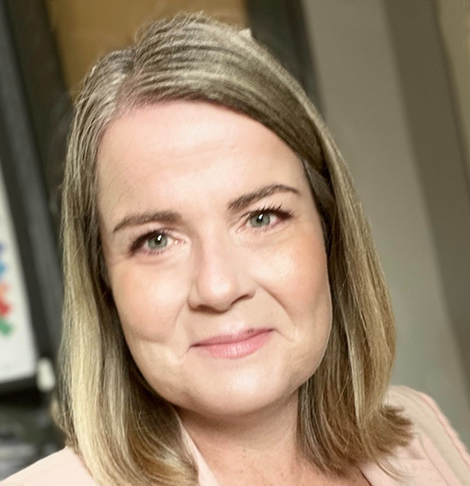Why the S in ESG matters more than ever
Key Takeaways
Corporations must serve the interests of all stakeholders – customers, employees, suppliers, communities and shareholders.
Put simply, the S in ESG is about people, including human rights & community, social inclusion; customer welfare; gender and diversity; and labour standards.
Social factors are related to the company’s treatment regarding people, workers and local communities, including health and safety issues.
The ‘S’ in ESG is also about evaluating social criteria by investors, how a company manages its relationships with employees, suppliers, customers, and communities where it operates.
The ‘S’ is also about all the stakeholders of a business.
The bottom line is that being able to demonstrate strong ESG credentials is becoming a must-have for business.
Having an evident sustainability or ESG strategy in place is mission-critical for your organisation and its growth.
This is about your stakeholders, your people and the future success of your business.
Diverse workforces perform better.
Every 10% increase in racial and ethnic diversity in the senior-executive team equates to a 0.8% increase in EBIT.
Gender-diverse companies are 15% more likely to outperform
Ethnically diverse companies are 35% more likely to outperform non-diverse businesses.
Company culture trumps salary and perks and must allow for the flexibility and mobility that the millennial and Generation Z generations demand.
An essential tenet of the S in ESG is that businesses feed into employees’ growth and progression, ensuring they continuously learn and develop.
By creating a culture of continuous learning, businesses can ensure that their staff do not become redundant in both senses of the word. This will save companies from having to constantly re-hire and will also allow them to retain existing experience and skills.
About
This Webinar
In this insightful webinar, Catherine Smith McKiernan explains why the S in ESG is now a business imperative and not a nice-to-have.
Catherine discusses:
The key issues and trends concerning diversity, equality, inclusion, employment, and modern slavery.
The practical impacts on businesses without good social governance.
How you can measure change and visualise what ‘good looks like.’
This Speaker
Catherine Smith McKiernan is an experienced people and organisational consultant and currently serves as the Group HR Director for EPIC The Irish Emigration Museum while balancing a busy freelance portfolio. Catherine brings unique perspectives on organisational development and change, gained from her experience across the public, private and not for profit sectors. Having built a career around enabling people to embrace change and transformation, she is a leader who values diversity, collaboration, innovation and trust.
Previous Webinars on the same series
Insights
Insights on leadership
Want more insights like this? Sign up for our newsletter and receive weekly insights into the vibrant worlds of corporate governance and business leadership. Stay relevant. Keep informed.

